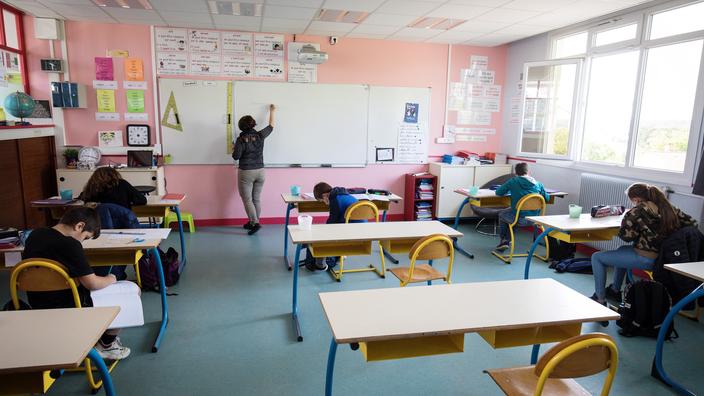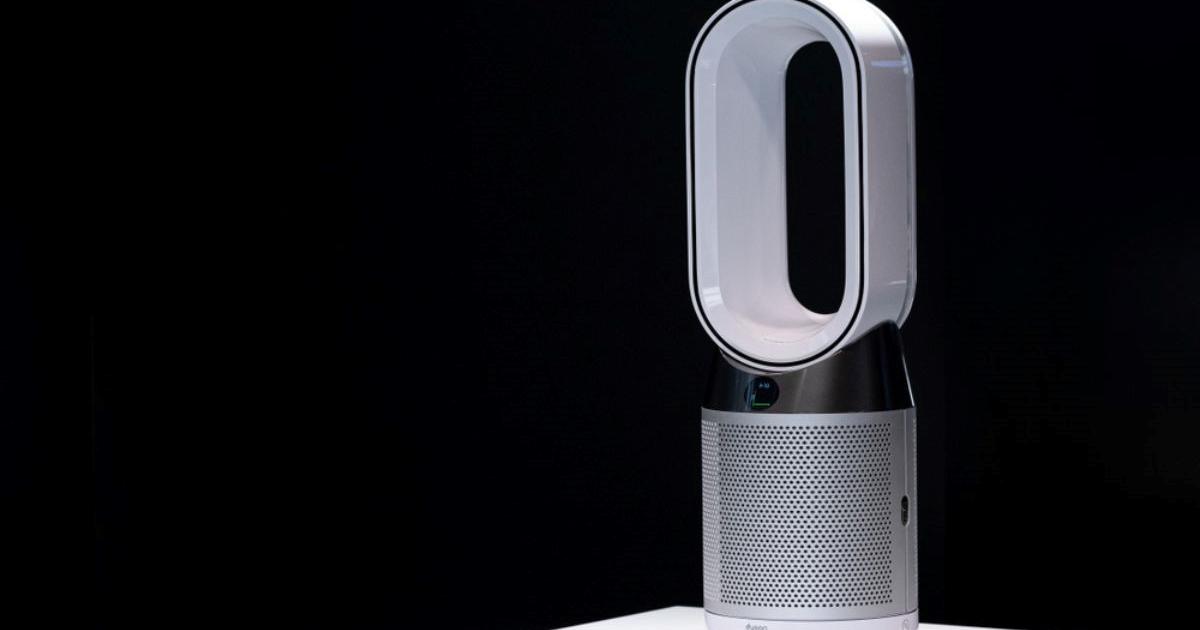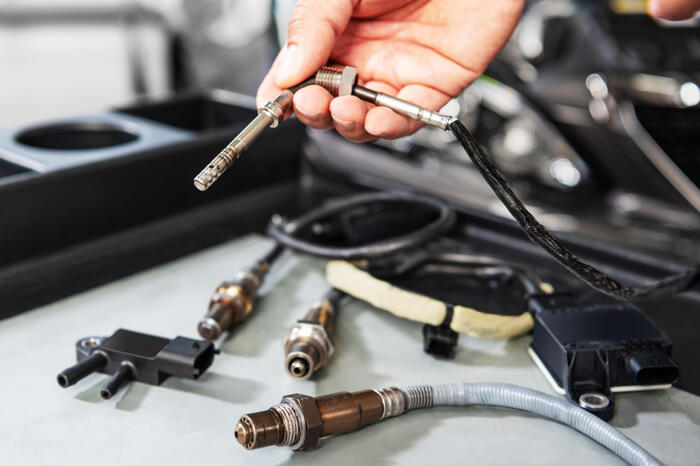The students have returned to school and questions are being raised about the quality of the air in the classes while the Covid-19 is still circulating. Two tools can be used on this front. CO2 sensors first measure the concentration of CO2 in the air and therefore determine when a room should be ventilated. Air purifiers are used to filter the air of all the micropollutants it contains. They act as mechanical ventilation to remove aerosols that carry the virus, especially when windows cannot be opened.
Jean-Michel Blanquer said he was in favor of the generalization of CO2 sensors in classrooms during an interview with the
Journal du Dimanche
.
"
Today, we insist on the fact that generalization is something desirable,
" he said.
For ventilation, the Minister of Education prefers opening windows to air purifiers, but some establishments are still starting to equip themselves with machines.
It is then up to the local authorities to finance this equipment and their cost could pose a problem.
Read alsoCovid-19: effective air purifiers to get rid of viral particles
Air purifiers are the most expensive to install: “
it takes between € 2,000 and € 3,000 for high-performance equipment,
” explains Thierry Ricci, founding president of Natéosanté, which has been marketing purifiers for ten years.
Another French company, which has notably equipped the city of Carpentras, markets machines covering an area of 100m2 for a price of € 800.
For CO2 sensors, the budget “
amounts to € 250 per unit on average
”, indicates Natéosanté.
According to the scientific experts of projetCO2.fr, the price of a good sensor can vary between 100 € and 600 € depending on the performance levels.
Different options depending on the budget
Some schools "
favor the installation of a purifier per class to reassure parents
" explains Thierry Ricci. A municipality thus ordered “
100 machines to equip all the classes of its three establishments
”. Others, for lack of resources, instead install CO2 sensors in classrooms and "
purifiers only in dining rooms or teachers
'
rooms
". The second option, hybrid, has the advantage of drastically reducing the cost of the device.
The Federation of Parents' Councils (FCPE) for its part asks "
that all classrooms and dining rooms be equipped with CO2 sensors
" indicates Carla Dugault, co-president of the association.
In rooms that cannot be ventilated, it also asks for “
the installation of very good quality air purifiers
”.
In a column published on August 19 in
Le Monde
, around thirty doctors also recommended the installation of one CO2 sensor per class.
A potential envelope of several hundred million euros
Depending on these different scenarios, the cost to public finances varies.
In the public alone, in 2018, the Ministry of Education counted 188,604 middle and high school classes and 251,052 primary and nursery classes.
With a CO2 sensor at € 250, it would cost nearly 110 million euros to equip all classes.
Read also Should France install air purifiers in classrooms?
The details of the bill would be 62.7 million euros for town halls (to equip schools), 26.7 million for departments (to equip colleges) and 20.4 million euros for regions (to equip high schools).
If the communities wanted to add an air purifier per establishment, for the refectory for example, the bill would increase by 79 million euros for the 7,799 public colleges and high schools and 44,902 public primary and nursery schools, with an average cost. from 1500 € per machine.
In a scenario where all classes would have to be equipped with air purifiers, the bill would therefore amount to nearly 660 million euros.
This significant cost reflects the difficulty for the communities to assume the financing of the equipment.
The communities could also be brought to increase their subsidies to private establishments which would also wish to equip themselves.
If the latter manage their budget independently, they receive endowments.
The private sector, with 3,570 middle and high schools and 5,590 primary and nursery schools, should spend 21.6 million euros to equip each class with CO2 sensors, and 13.7 million more to add a purifier per establishment.
In a configuration where each class would benefit from an air purifier, the bill would be 129 million euros.
Local authorities get their hands on the wallet
Some communities have already taken action. Thus the Auvergne-Rhône-Alpes region has chosen to concentrate 2,400 purifiers in high-risk rooms such as canteens. With an envelope of 3.4 million euros, the region was able to finance the equipment of several dozen primary schools and 360 high schools. In total, the investment should be increased to 10 million euros. It also offers its municipalities grants for the acquisition and installation of air purifiers up to a limit of € 1,800 per establishment.
The town hall of Carpentras (Vaucluse) has installed 150 sensors - one per class - in its primary and nursery schools from the Easter holidays. It was necessary to count 200 € per sensor or 30,000 € budget. It then installed 30 air purifiers in its dining rooms, where children do not wear masks, at a cost of € 22,000. "
To change the bulb each year, you have to pay € 112 per machine
" also alerts the town hall questioned by the
Figaro
. The departmental council of Haute-Garonne, for its part, decided to equip each of the 97 colleges of the department with 2 to 3 mobile CO2 sensors only in order to determine "
the work that must be done in each class to make them healthier
" , entrusts the department to
Figaro
.
The cost of the device here reaches nearly 40,000 €.
Municipalities with more limited budgets are therefore constrained in their investments.
State aid requested
"
The State must strongly contribute to the financing of CO2 sensors
", asks the FCPE.
"
The means must be deployed so that our children can go to school in complete safety
" added Clara Dugault with "
essential work on very dilapidated school buildings in certain areas.
". No device is currently planned by the government to help communities in securing schools. However, the state could find financial advantages in subsidizing such equipment. These prevention expenses, if they make it possible to limit the spread of the epidemic, should be considered in the light of the Covid bill which continues to increase, in particular because of the prices of PCR and antigen tests carried out every day in France. . Social Security plans to spend 5 billion euros for screening in 2021.








